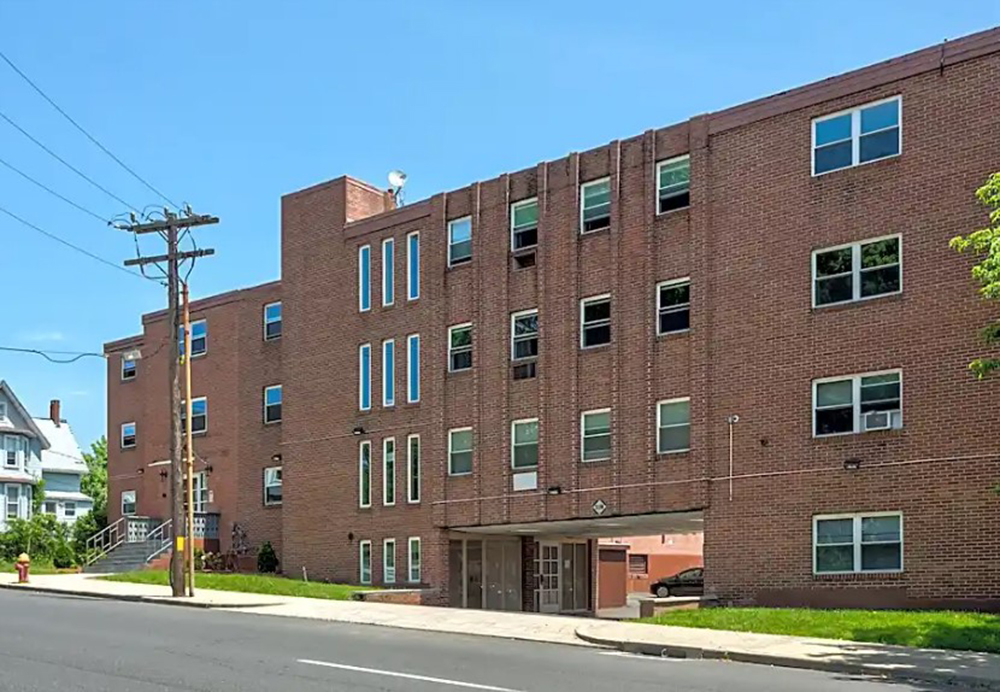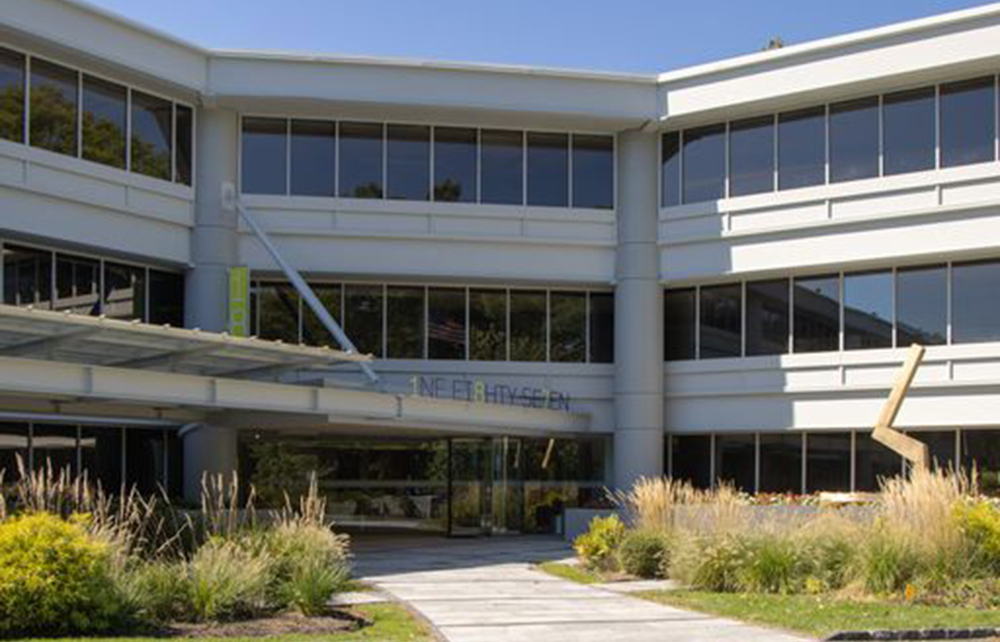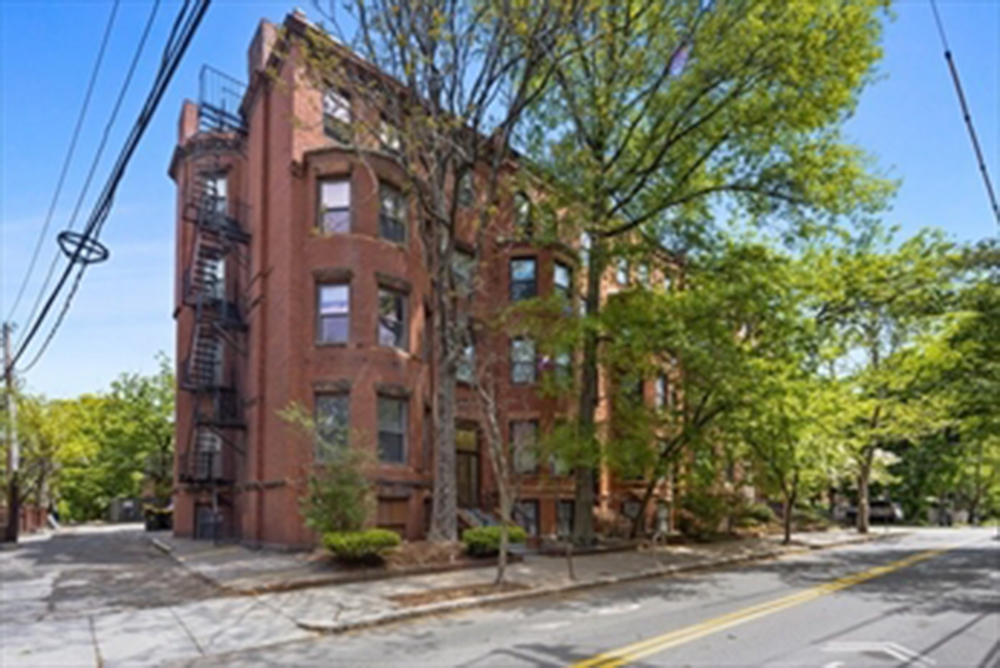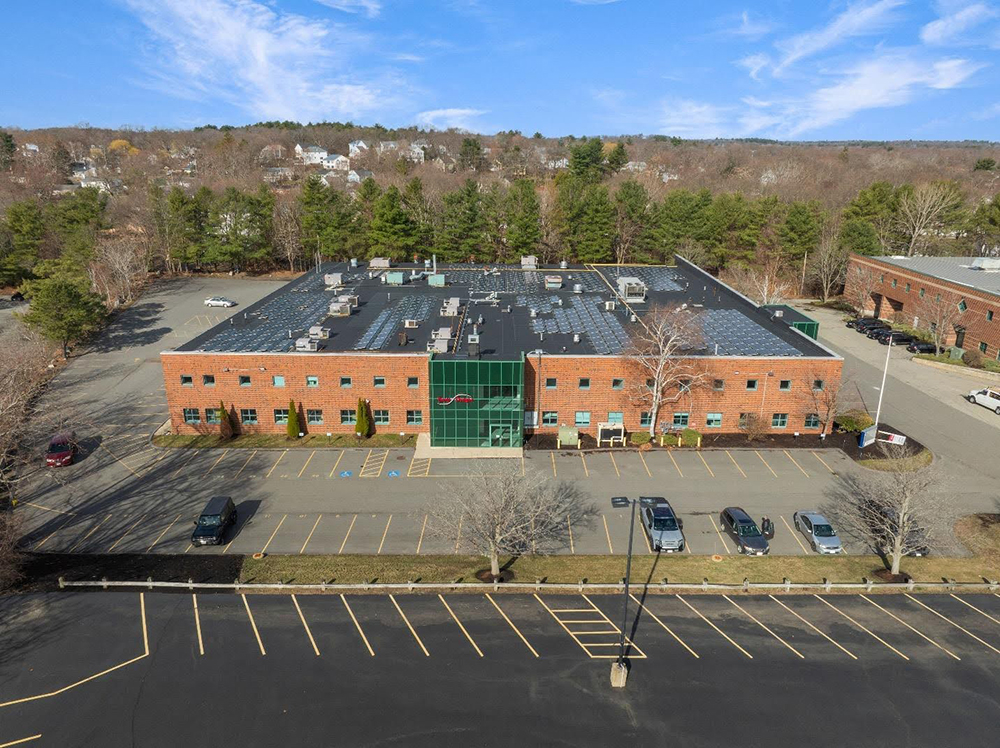News: Connecticut
Posted: August 18, 2009
Legislature establishes remediation deadlines under Connecticut Transfer Act
The Connecticut Transfer Act generally applies to the transfer of establishments at which hazardous waste is or was generated, and requires that, at the time of transfer, the transferor notify both the transferee and the DEP whether a release of hazardous waste or hazardous substances has occurred from the establishment. If such a release has occurred, one of the parties to the transaction must commit to clean it up. Only real property or business operations defined as "establishments" are affected by the statute.
The Transfer Act only applies to "establishments," defined in part, as "any real property at which or any business operation from which (A) on or after November 19, 1980, there was generated . . . more than one hundred kilograms of hazardous waste in any one month . . . ." The statute also creates "automatic" establishments, regardless of the amount of hazardous waste generated. These "automatic" establishments include 1) the process of dry cleaning, 2) furniture stripping, and 3) a vehicle body repair facility.
A "transfer of establishment" means "any transaction or proceeding through which an establishment undergoes a change in ownership," unless specifically excluded. There are currently 23 exemptions under the Act. A few of the exemptions include; conveyance of an establishment through foreclosure, eminent domain and condemnation; corporate reorganization not substantially affecting the ownership of the establishment; and the transfer of stock, securities or other ownership interests representing less than 40% of the ownership of the entity that owns or operates the establishment.
The transfer of an establishment requires specific DEP forms (recently updated) be completed. Because business operations can be transferred separately from real property, DEP has established two sets of each type of form: one for use when only a business operation is transferred, and the other for when real property, or both real property and the business operations are transferred. There are four types of forms to use, depending on if a release of Hazardous Substances and/or Hazardous Waste has occurred, and to reflect the status of investigating and remediating the release. All forms are typically executed at closing by the parties, and must thereafter be filed with DEP within 10 days.
A "Form III" is the most common form used, and is filed when a "transfer of establishment" occurs and hazardous waste or hazardous substances have either been released at the establishment, or the environmental condition of the establishment is unknown. With a Form III, the "certifying party" (which can be the buyer, seller, or responsible party) agrees to investigate and remediate releases from the establishment in accordance with Connecticut's remediation standard regulations.
With the exception of a Form II, all forms filed under the Transfer Act must be simultaneously accompanied by a completed Environmental Condition Assessment Form or ECAF. Completion of this form requires detailed information about the site and the site's environmental condition. DEP has established new guidance for completing such forms. A Licensed Environmental Professional (LEP) is required to complete or supervise completion of the ECAF, and the certifying party must sign the document.
The commissioner has 30 days to determine whether a Form III is complete or incomplete. The certifying party must submit a schedule to the DEP for investigating and remediating the establishment on or before 75 days after receiving notice that their form was complete. The schedule must provide that the investigation of the parcel be completed within two years of the date that DEP determines a LEP may evaluate the site (which now automatically occurs after 75 days of a completeness determination), and the remediation must be initiated within three years of the date of receipt of such notice. As of October 1, 2009, verification or interim verification (indicating generally that only groundwater requires monitoring or remediation) by an LEP that the remediation is complete, must be filed with DEP not later than eight years after the From III is deemed complete. Reasonable extensions of the eight-year deadline may be granted by the commissioner, as provided in Public Act 09-235.
The commissioner may conduct an audit of any verification, so a project cannot be considered complete until the commissioner acts. However, if the commissioner fails to act within three years from receipt of a final verification, then he/she waives the right to conduct such an audit.
The Transfer Act is unique to Connecticut (even though long ago modeled on a New Jersey law), and its implementation and implications to business and real estate transactions can be significant. And with amendments to the Act made this year, deadlines for completing the remedial work are now established, and must be considered by parties in the context of transferring an Establishment.
John Wertam, Esq. is with Shipman & Goodwin LLP, Hartford, Conn.
Tags:
Connecticut
MORE FROM Connecticut
Example Story Title CT 1
Boston, MA The fall season always marks the return of IFMA Boston events, and this year is no different. Registration is now open for IFMA Boston’s FMForward Deep Dive 2024. The FMForward Deep Dive 2024 Conference will be held on November 19th at the Babson Executive Conference Center in Wellesley, Mass.

Quick Hits






